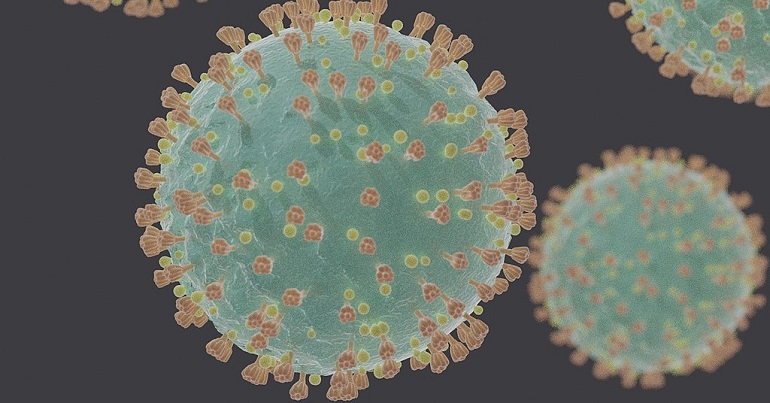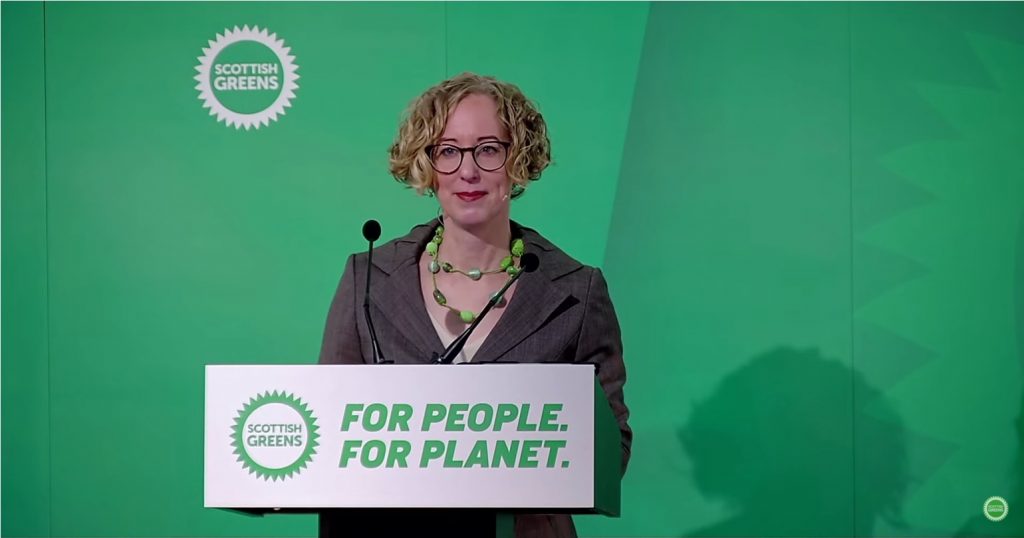Zero Covid and zero emissions: The ecology of the pandemic

The stark reality of the climate crisis never fails to shake me no matter how many times it is laid out. When listening to Professor Julia Steinburger at Zero Covid’s ‘Ecology and Economics of the Pandemic’ event on Saturday 13 February, I was reminded of the first time I learnt about the devastating impact 3 degrees of warming would have on our planet if we don’t drive down emissions;, except that this time the realities of the ecological crisis are reverberating around the world in the form of the Covid-19 Pandemic.
Ecological destruction, deforestation and the loss of biodiversity is making pandemics more likely. As agribusiness pushes further into nature, farms and agricultural workers end up operating in close proximity to wild animals, especially bats, which can lead to zoonotic spillover where a virus jumps from an animal to a human. Meanwhile, global warming and changing weather patterns are making more areas vulnerable to disease spread by mosquitoes and other insects.
At Saturday’s event, Julia Steinberger and Rob Wallace both argued that we need to restructure production, especially food production, to address both climate breakdown and the risk of future pandemics. “Diseases are not just viruses and bacteria. The causes of diseases extend out to our relationships between each other, and with animals and ecosystems. Pandemics have ecological and social origins” said Rob Wallace.
The event was organised by the Zero Covid campaign. Zero Covid is a grassroots campaign calling for the UK to adopt a Zero Covid strategy, where we seek to end community transmission of Covid. This strategy has seen success across the world in places such as New Zealand, Australia, Vietnam, and even the Isle of Man. These places have seen a return to domestic normality, with music festivals and family parties. Despite their success, the UK is still clinging to its ‘learn to live with the virus’ approach which has left us with a death toll well over 100,000, while critics claim that zero Covid is unachievable. This rhetoric sounds a lot like the climate debate only a few years ago.
A Zero Covid strategy is simple compared to the constant rule changes we have seen over the past year. Firstly, we must remain in lockdown until cases are low. We must then take companies like Serco and Deloitte out of the Test and Trace system and replace it with a Test, Trace, Isolate and Support system run by local public health teams in the public sector. ‘Support’ means that people are given financial support and, if needed, accommodation to isolate. The UK has incredibly low sick pay and millions of people can’t access it, so it urgently needs to be increased and extended. Workplaces and schools must be made safe before they can open; that means proper PPE and ventilation, alongside working from home unless absolutely necessary. To prevent new chains and variants entering the community, we will also need measures like free testing and quarantine at ports of entry. These measures alongside the rollout of vaccines would bring us back to a safe reopening.
It’s clear that the climate crisis and pandemics are intrinsically linked. Therefore we must learn from our mistakes. The Zero Covid campaign argues that this must act as an opportunity to integrate pandemic response into every country’s infrastructure. As Prof. Steinburger points out, with the loss of habitat and species, “the conditions for pandemics are going to be ever larger”. So it is crucial we are ready to tackle those future pandemics as they arise.
The UK’s Covid response follows the same star-crossed relationship between capitalism and life on earth that has caused the climate crisis. We have been told and told again, that we have to choose between health and the economy, with the UK Government justifying life-threatening policies such as ‘Eat out to Help Out’ in the name of saving livelihoods. However, as economists Grace Blakeley and Michael Roberts explained in the second session, this is a false choice. Countries that have pursued zero Covid have also bounced back economically, showing that public health is not at odds with the economy. Businesses have been battered by prolonged rolling lockdowns, which the zero Covid countries have not experienced.
Despite the great advancement of the vaccine we must be careful not to treat it as a silver bullet. New Covid mutations are popping up globally which threaten to undermine the entire rollout, and there will be many more deaths before it reaches everyone. A Zero Covid Strategy is essential in a sustainable pandemic response so we can reclaim our lives. Just like the climate crisis, the pandemic is a global problem, so the UK should drop its opposition to the policy of a patent-free vaccine so that the total supply isn’t artificially limited, leaving the Global South with nothing.
It is clear from the past year that we cannot rely on the UK government to take the right actions to end this crisis. That is why we need to build a mass movement and push for change. If you want to help make this a reality, please join the campaign at zerocovid.uk and follow us on Twitter – @zerocovid_uk. Join us for our day of action on 13 March.
It doesn’t have to be this way.
PS. We hope you enjoyed this article. Bright Green has got big plans for the future to publish many more articles like this. You can help make that happen. Please donate to Bright Green now.
PPS. Bright Green has an exciting series of events coming up. Join us for debates, interviews and much more.
Image credit: Felipe Esquivel Reed – Creative Commons




PATENT FREE is the key.
And not only for health.
China’s breakout from extreme poverty, with all its downsides, was only possible because it was impossible for western firms to enforce patent laws there, from designer trainers to computer chips, so-called rentier capitalism.